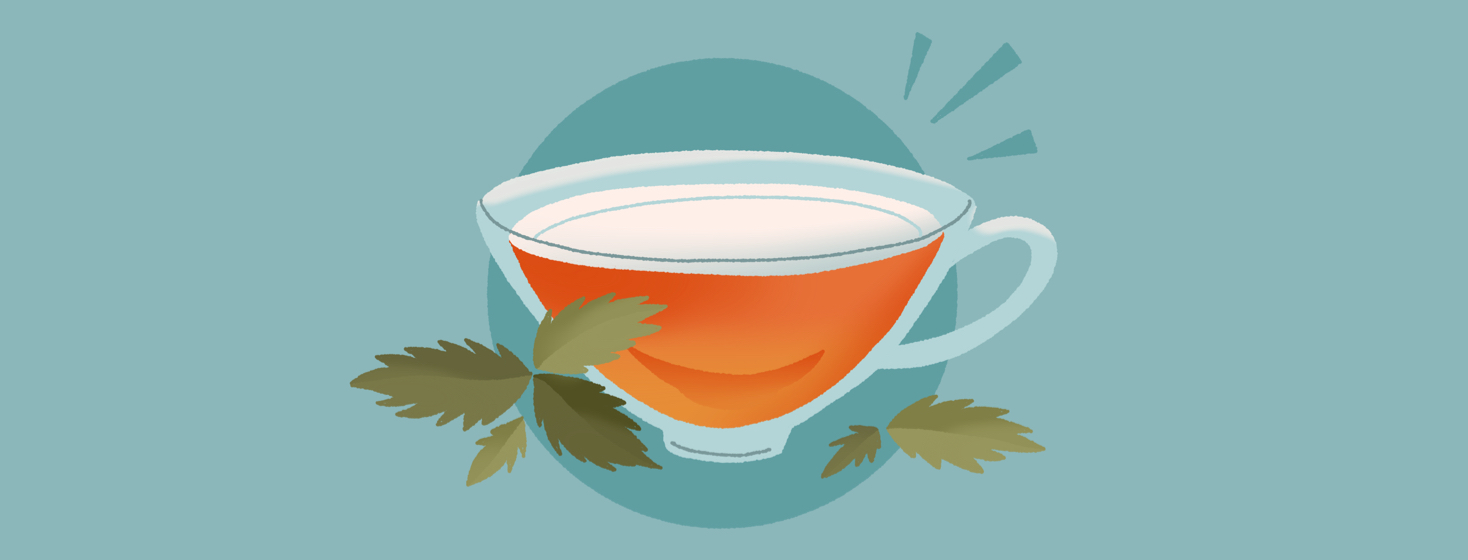Three Natural Antihistamines That Could Help with Endo Pain
Editor's Note: Always check with your doctor before starting a new drug regimen.
Did you know that histamine is involved in the growth and inflammation of endometriosis? Mast cells, the immune cells which release histamines, have been found in high levels within and around endometriosis lesions - and the higher the number, the more intense the pain.1,2
Their involvement of mast cells and histamines is so integral to the growth and symptomatology of endometriosis that researchers are now calling for mast cell-focused immune treatments for endo.1
In my experience as an endo health coach, many of my clients respond well to supplements, tools, and lifestyle changes that lower histamines or stabilize mast cells.
Supplements for mast cell stabilization
Here are my top three supplements:
Quercetin
Many of my clients with both endometriosis and histamine intolerance respond very well to quercetin. Quercetin is a mast-cell stabilizer, meaning it inhibits the release of histamines from the mast-cell themselves and it is also a powerful anti-inflammatory.3
In animal studies, quercetin has been shown to both reduce the size of endometriosis lesions and inhibit their growth. We of course need research on humans, but the results are promising, and I see wonderful results clinically.4,5
Doses vary, with my tutor Dr. Jessica Drummond recommending 100 mg for endometriosis, MD and herbalist Dr. Aviva Romm recommending 500 mg for allergies, and Dr. Leonard Weinstock recommending up to 2000 mg per day for Mast Cell Activation Disorder.6,7,8
Nettles
Yes, stinging nettles actually help to quell an allergic reaction!
Research has found that stinging nettles are particularly effective antihistamines.9
One of the reasons I like using nettles is that they also contain high levels of iron, so it can be helpful to drink strong nettle tea or use nettle supplements when you’re on your period and experiencing blood loss, which is when we can lose a lot of iron and feel particularly fatigued.
The research on nettles has been on freeze-dried nettles, so be sure to look for that in your supplements. Doses vary but begin at 300 mg per day. Discuss with your health practitioner or a herbalist to find the right dose for you.
Ginger
Ginger, my favorite for many reasons.
In terms of today’s topic, ginger is a natural antihistamine and in research was shown to be just as effective as the common antihistamine drug, loratadine, when taken at 500 mg per day for three and six weeks.10
However, the benefits don’t just end there. Ginger has been shown to be just as effective as NSAIDs ibuprofen and mefenamic acid for painful periods and as an effective pain reliever in several other studies on dysmenorrhea. I find it helps many of my client's transition away from pain medication.11
Dose-wise, the studies range from 750mg to 2000mg per day, split into doses, for painful periods, though you could try the 500 mg per day as used in the research on allergies, and see if that, in turn, helps with your pain.
Please remember to always consult your medical practitioner before introducing any of these supplements.

Join the conversation